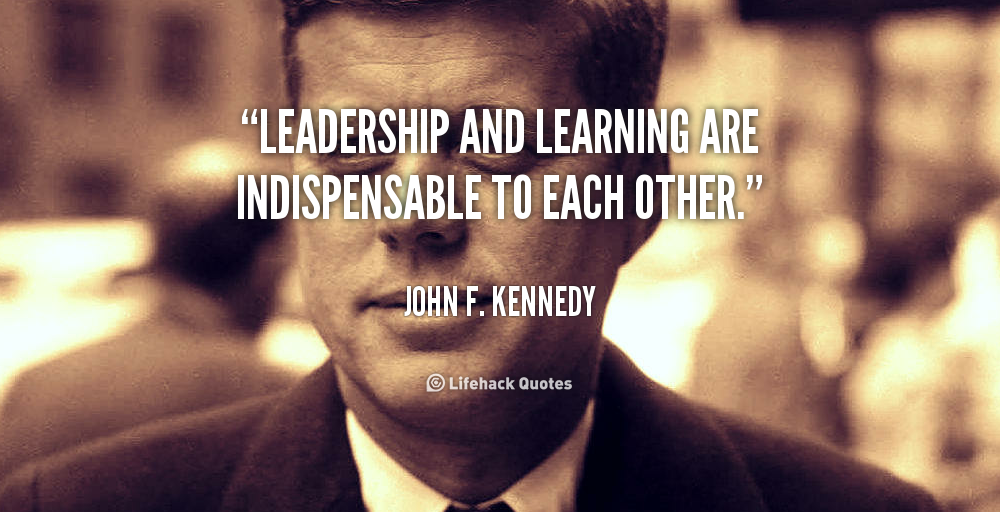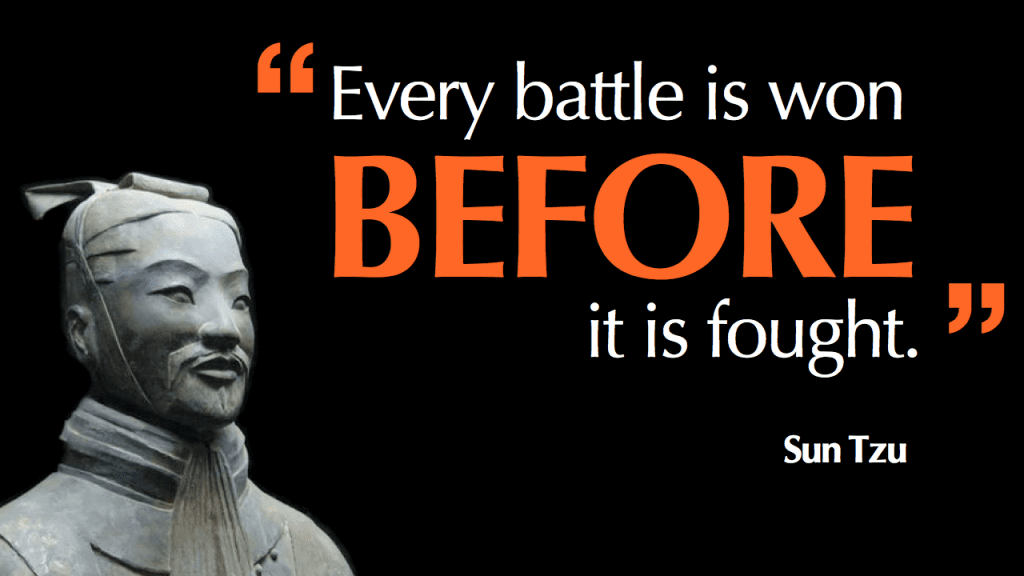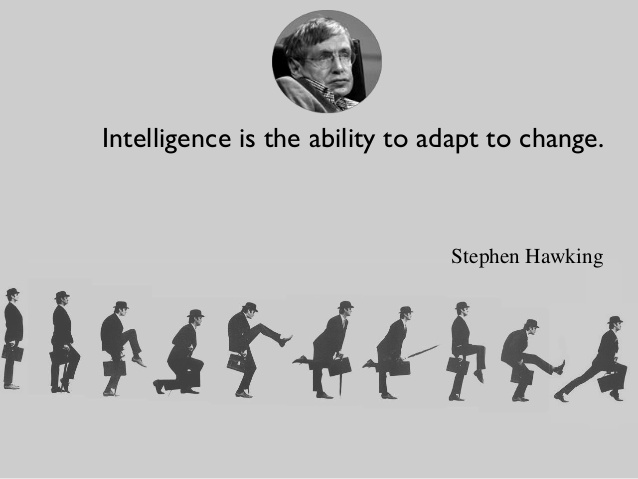
The history is full of many incredible stories of inspiring leaders, and the seemingly impossible things they made happen – such as Alexander the great, Abraham Lincoln, Julius Caesar, Napoleon, and many, many more.
They have taught us many lessons through both their mistakes and their victories.
These lessons are invaluable, as they are just as applicable now as they were in their times.
1. Strategy is paramount

Caesar knew using a short dagger (gladius) against the long heavy swords of his enemies will slow them down – is the right battle strategy.
And during his reign, he proves over and over again that to win you need strategy and innovation. A lesson that many business leaders standby, even today.
Consider Steve Jobs, he knew that he could help create differentiation for Apple by out-looking the chunky, bulky containers they called computers back then. He demonstrates over and over again that strategy brings success. Now, Apple embodies both creativity and efficiency.
The only way you can have the maximum possible impact is by using your skill with strategy.
2. Thinking big

‘We choose to go to the moon in this decade and do the other things, not because they are easy, but because they are hard, because that goal will serve to organize and measure the best of our energies and skills’ – John. F. Kennedy
One of the most charismatic and inspiring leaders ever, John Kennedy always had very high aspirations for his people and that very quality led him to do some incredible things during his time as a president, including landing on the moon.
Thinking big is simple advice, but most people find it very difficult to actually follow it. It is incredibly difficult to be able to bring yourself to truly believe in the possibility of achieving an ‘impossible’ goal. It takes confidence, faith and determination, but once you manage to imagine the possibility of winning, it helps you fight/work harder for it.
3. Getting your hands dirty

Napoleon Bonaparte, one of the most controversial and sometimes ruthless leaders in the history, is famous for having a great following among and loyalty from his men. He was very much in touch with his people, he never considered any job beneath him, and he stood along with his men in the forefront of any battle, instead of standing on the sidelines (like most leaders used to back then).
You cannot become a people’s leaders from the safety of the room – you must get into the field, work with people, and get your hands dirty. In fact you must put your people and their safety before your own.
The hands-on experience allows you to connect with people and get to know them at a more intimate level. You are also privy to their problems and worries, and will have a better shot at winning their trust and true loyalty.
A lesson which is very relevant to modern day leaders as well. For example, if you are an entrepreneur, how can you build a customer-centric organization without being in the forefront of all your operations and without getting your hands dirty talking to hundreds of customers?
4. Thirst for knowledge

‘Education is the most powerful weapon which you can use to change the world’ said Nelson Mandela, one of the most influential leaders the history has ever seen. His methods and means have inspired many leaders during and after his time, like Gandhi.
Nelson Mandela was a big believer in the idea that great leaders must have a thirst for knowledge and a drive to learn; he believed that only learned leaders can make well informed and right decisions when leading people.
Of course, education and learning here don’t mean just getting a college degree; it is about learning from experiences, mistakes, past, others and more. Education helps us widen our perspective and allows us to think broad and big; It helps us become wiser and more informed, a necessary characteristic to shoulder the responsibility of leadership.
In fact, I personally, believe so much in the importance of learning that in my company, Hiver, we help our employees learn new arts and skills, over and above the learnings at work. For example, we have tutors to teach new languages, the guitar, and even Vedic Mathematics.
5. Resilience is the key

Margaret Thatcher is called ‘The Iron Lady’ for a reason. A lot of times, being a leader is not an easy task; it involves making tough choices, unpopular decisions, putting up with the hatred and rejection from the crowd, riots, and a lot of other unpleasant things.
Most people who are otherwise great leaders, falter when the times test their resilience and give into it, instead of enduring it. This Harvard article tells you why building resilience is so hard, even for the best of the leaders.
Margaret Thatcher has demonstrated grit and resilience, by becoming the first woman prime minister for starters, and she went on to be one of the most controversial leaders in the history and yet, she always brought in results. The tougher the challenge, the more likely she is to rise to it and believe it or not, those are the kind of leaders who make change on a large scale possible.
6. Win with compassion

Two best examples are Mahatma Gandhi and Abraham Lincoln. Their compassion towards the masses has earned them a lot of love and following from the people.
Without this key characteristic – compassion, they wouldn’t have been able to accomplish goals, which were considered nearly impossible, goals like abolishing slavery and taking back a country from foreign rule.
Gandhi’s well-known quote ‘In a gentle way, you can shake the world.’ demonstrates his belief in winning anything, friends or enemies, with compassion and empathy.
Personally, I think the ability to be empathetic, compassionate and understanding is the difference between leader and dictator or tyrant for that matter, back then and now too.
7. Encourage innovation

Alexander the great , believed in the competitive advantage of strategic innovation. He is known to have encouraged and relied on the innovation and creative aptitude of his engineers to win wars. In fact, it is said that his war machine is the most advanced in his time.
Encouraging innovation seems like a pretty obvious lesson right now, but when it actually comes to doing it, you would be surprised how many people don’t have the stomach for it. They label innovative ideas as a ‘risky’ deal and would rather keep doing what they are doing.
8. It takes courage

Leaders often find themselves fighting for big visions, sometimes seemingly crazy goals. To go over and beyond the conventional and the familiar takes courage. Also, in any adverse situation, as a leader you should have the courage stand in the forefront of your team and fight it, without losing your cool.
Winston Churchill said, ‘Courage is rightly esteemed the first of human qualities…because it is the quality which guarantees all others.
It doesn’t matter if you great ideals and morals, at the time when those are most needed, if your courage fails you then it really means nothing.
9. The team matters

In one of his interviews, Bill Gates said, “Being able to bring in different people who were fun to work with and figuring out how to get those people, those broad skills, to work well together has been one of the greatest challenges”.
According to him, how much ever of a genius you are, how many ever mad tech skills you have, in the end without the right team and the right people to support you, you can go only so far.
10. Observe and adapt

Most people think leadership is pretty straightforward – have a vision, set goals, push people to achieve it, until reality hits them; they realize that the market conditions are not in their favor or due to a recent oil spill you are at a major raw material disadvantage etc.
Although leadership seems like a straight path, the terrain is often pretty rough. Sun Tzu is his famous book, The Art of War said that, before going into a war, one must examine the terrain and see how they can use it to their advantage.
Develop a peripheral vision; get good at anticipating problems by observing and paying close attention; even when you don’t foresee problem, learn to adapt quickly when it hits.
Wrapping up
Remember that as a leader, you will be challenged time and gain by problems and hurdles and it is a leader’s job to be prepared for them and tackle them effectively. All successful and inspiring leaders throughout the history have been able to guide themselves and their followers through such crises.




